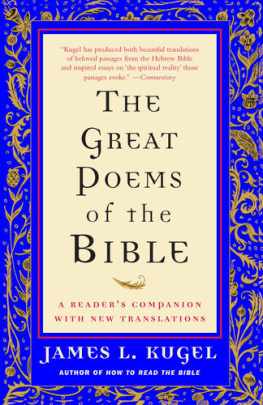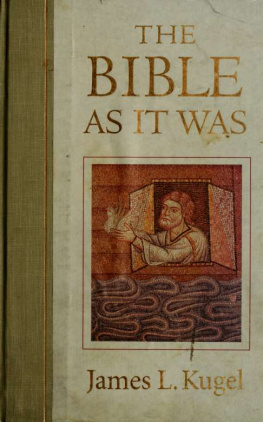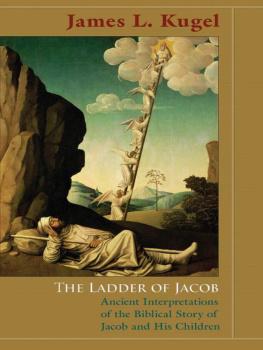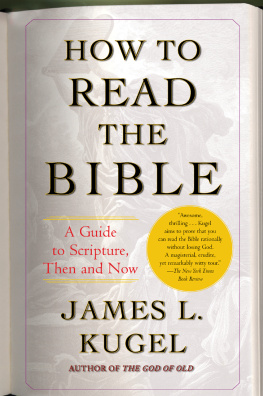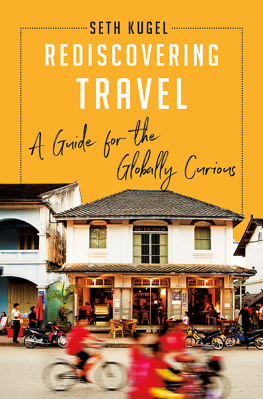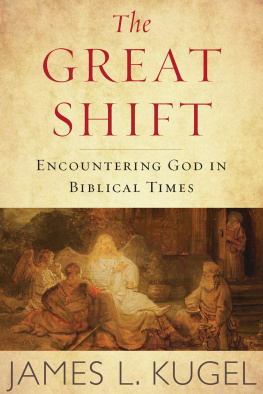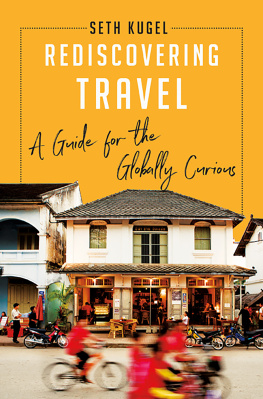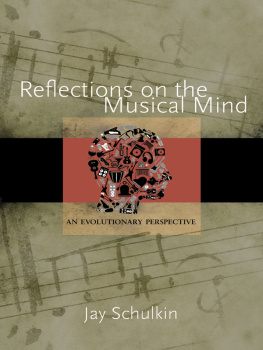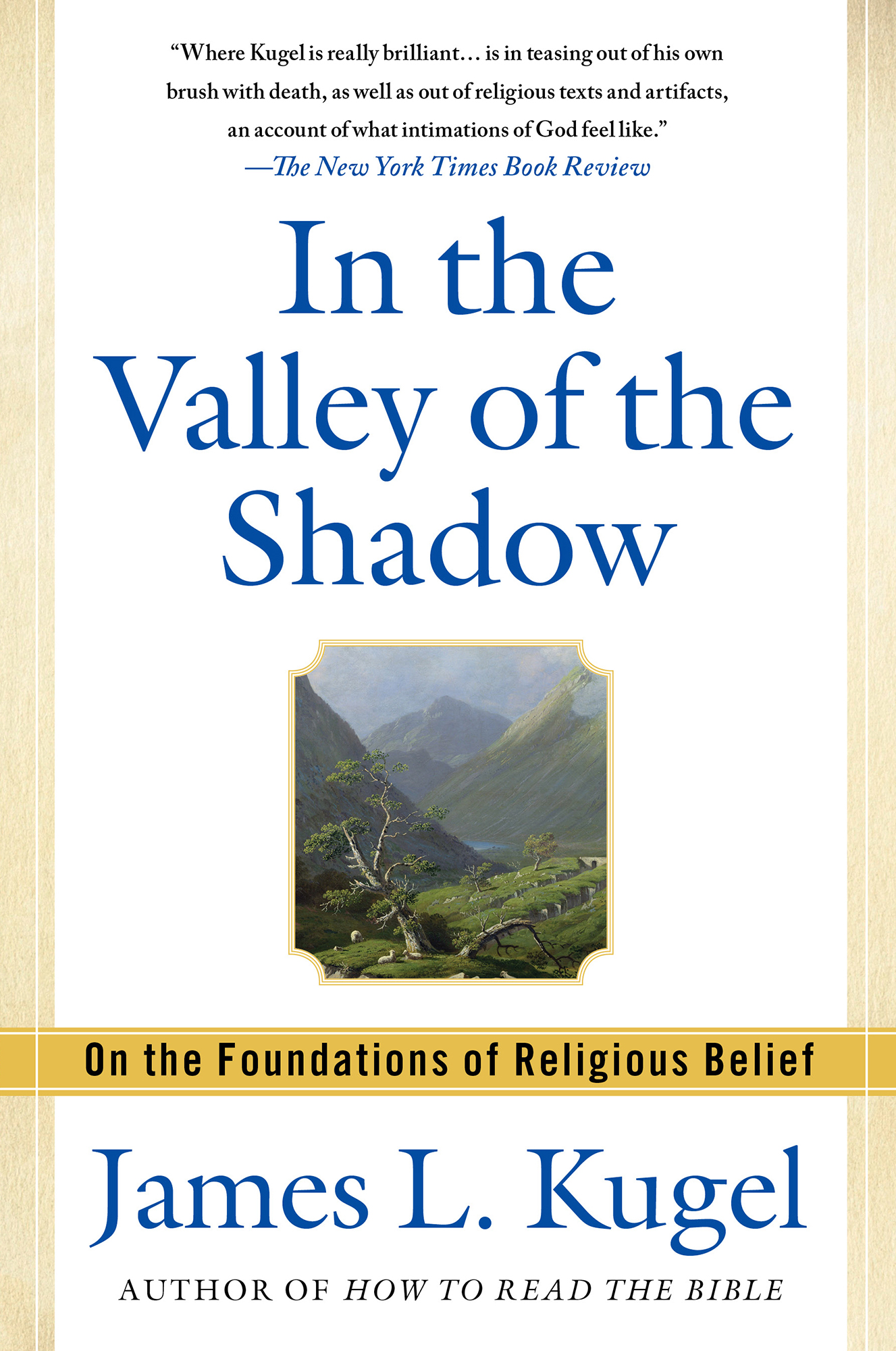James L. Kugel - In the Valley of the Shadow: On the Foundations of Religious Belief
Here you can read online James L. Kugel - In the Valley of the Shadow: On the Foundations of Religious Belief full text of the book (entire story) in english for free. Download pdf and epub, get meaning, cover and reviews about this ebook. year: 2011, publisher: Free Press, genre: Religion. Description of the work, (preface) as well as reviews are available. Best literature library LitArk.com created for fans of good reading and offers a wide selection of genres:
Romance novel
Science fiction
Adventure
Detective
Science
History
Home and family
Prose
Art
Politics
Computer
Non-fiction
Religion
Business
Children
Humor
Choose a favorite category and find really read worthwhile books. Enjoy immersion in the world of imagination, feel the emotions of the characters or learn something new for yourself, make an fascinating discovery.
- Book:In the Valley of the Shadow: On the Foundations of Religious Belief
- Author:
- Publisher:Free Press
- Genre:
- Year:2011
- Rating:4 / 5
- Favourites:Add to favourites
- Your mark:
In the Valley of the Shadow: On the Foundations of Religious Belief: summary, description and annotation
We offer to read an annotation, description, summary or preface (depends on what the author of the book "In the Valley of the Shadow: On the Foundations of Religious Belief" wrote himself). If you haven't found the necessary information about the book — write in the comments, we will try to find it.
Despite his illness, Kugel was intrigued by this new state of mind and especially the uncanny feeling of human smallness that came with it. There seemed to be something overwhelmingly true about itand its starkness reminded him of certain themes and motifs he had encountered in his years of studying ancient religions. This, I remember thinking, was something I should really look into furtherif ever I got the chance.
In the Valley of the Shadow is the result of that search. In this wide-ranging exploration of different aspects of religioninterspersed with his personal reflections on the course of his own illnessKugel seeks to uncover what he calls the starting point of religious consciousness, an ancient sense of self and a way of fitting into the world that is quite at odds with the usual one. He tracks these down in accounts written long ago of human meetings with gods and angels, anthropologists descriptions of the lives of hunter-gatherers, the role of witchcraft in African societies, first-person narratives of religious conversions, as well as the experimental data assembled by contemporary neuroscientists and evolutionary biologists.
Though this different sense of how we fit into the world has largely disappeared from our own societies, it can still come back to us as a fleeting state of mind, when you are just sitting on some park bench somewhere; or at a wedding, while everyone else is dancing and jumping around; or else one day standing in your backyard, as the sun streams down through the trees . . . Experienced in its fullness, this different way of seeing opens onto a stark, new landscape ordinarily hidden from human eyes.
Kugels look at the whole phenomenon of religious beliefs is a rigorously honest, sometimes skeptical, but ultimately deeply moving affirmation of faith in God. One of our generations leading biblical scholars has created a powerful meditation on humanitys place in the world and all that matters most in our lives. Believers and doubters alike will be struck by its combination of objective scholarship and poetic insight, which makes for a single, beautifully crafted consideration of lifes greatest mystery.
James L. Kugel: author's other books
Who wrote In the Valley of the Shadow: On the Foundations of Religious Belief? Find out the surname, the name of the author of the book and a list of all author's works by series.

